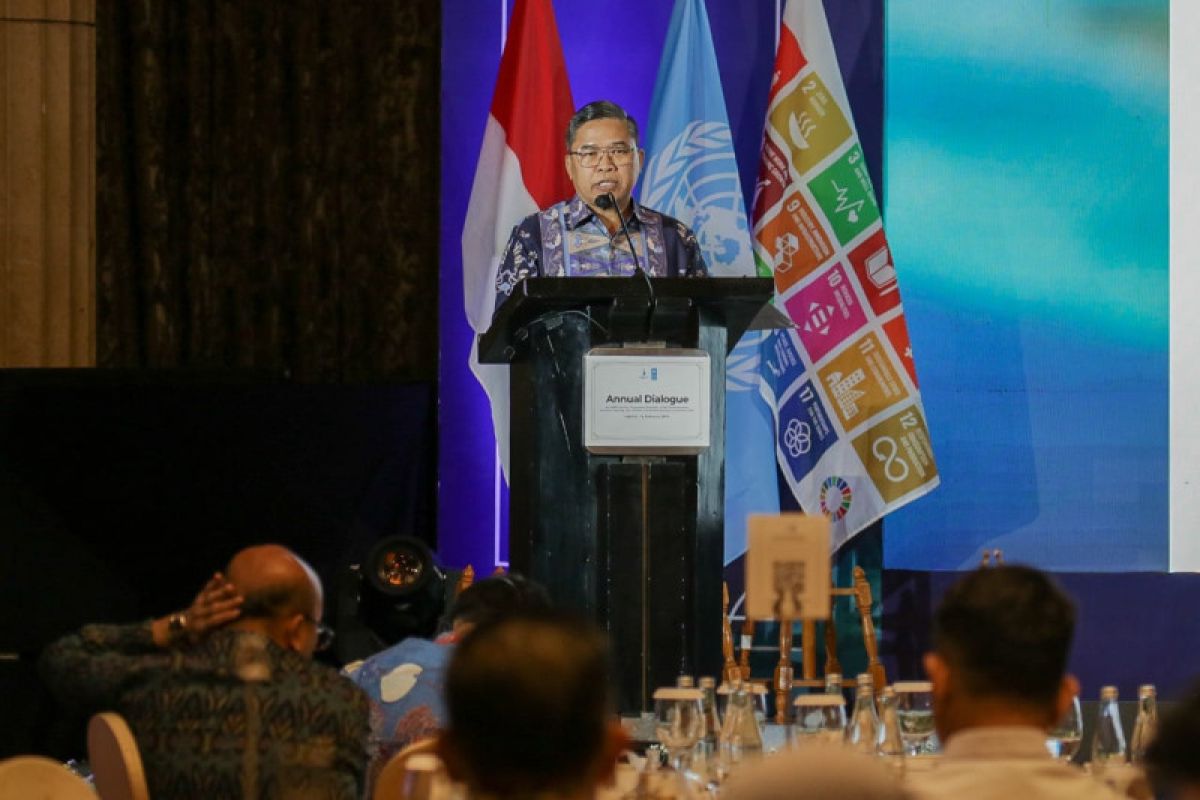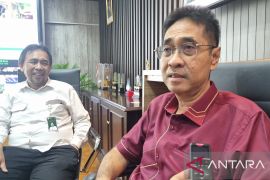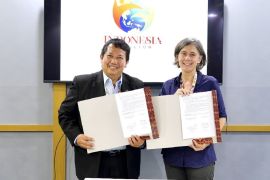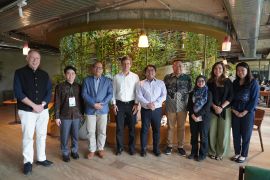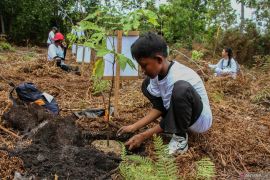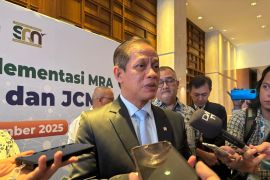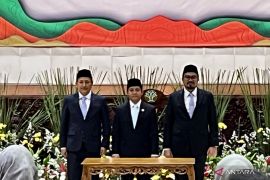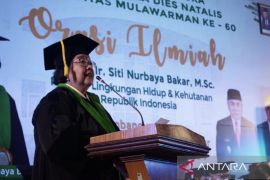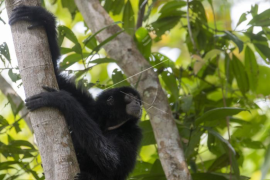Those instruments also increase opportunities and the scale of carbon trading cooperation that adheres to the principles of good governance, including through market and non-market mechanisms while still referring to decisions and methodologies agreed upon multilaterally, Dohong affirmed.
"Indonesia agrees that those instruments and other carbon pricing instruments need to be developed in a more effective, efficient, inclusive, transparent, accountable, and fair manner," he noted in a statement received here Friday.
He later stated that the principles of good governance should also be properly reflected in cooperation and collaboration with various development partners to achieve the target.
Partnerships and the role of development partners can be realized through various ways, including strengthening aspects of policy and governance, increasing networks and coordination between institutions or stakeholders, and developing or replicating various best practice models for climate action, he suggested.
Dohong stated that actions to control climate change require strategic policies and financial cooperation between stakeholders at the local and global levels, such as the central and regional governments, private and state-owned business entities, multilateral development banks (MDBs), non-governmental organizations (NGOs), communities, and other stakeholders.
"Climate financing flows from development partners are highly needed, but domestic funding sources, at least in the medium term, still remain as the main focus of unconditional commitments until 2030," he remarked.
Dohong outlined four strategies to open up and increase climate change funding in Indonesia: strengthening the fiscal policy, including fiscal greening; private sector investment; developing various innovative financing instruments, such as green sukuk, blended finance, and carbon pricing; and increasing access to global finance, such as green climate funds, global environment facilities, and others.
Meanwhile, Indonesian Representative of the United National Development Programme (UNDP), Norimasa Shimomura, explained that UNDP will help the Indonesian government through the Country Program Document (CPD) to contribute to the country's development priorities as stated in the National Medium Term Development Plan (RPJMN), including climate change.
CPD is a document that is prepared periodically every year by UNDP. The document consists of four program output areas focusing on equal access, inclusive economic transformation, climate action, and integrative innovation for the sustainable development goals (SDGs), Shimomura noted.
Related news: Indonesia, WRI collaborate to pursue 2030 FOLU Net Sink targets
Related news: Need Rp204 trillion to meet FOLU Net Sink target: Govt
Translator: Sugiharto Purnama, Resinta S
Editor: Rahmad Nasution
Copyright © ANTARA 2023
